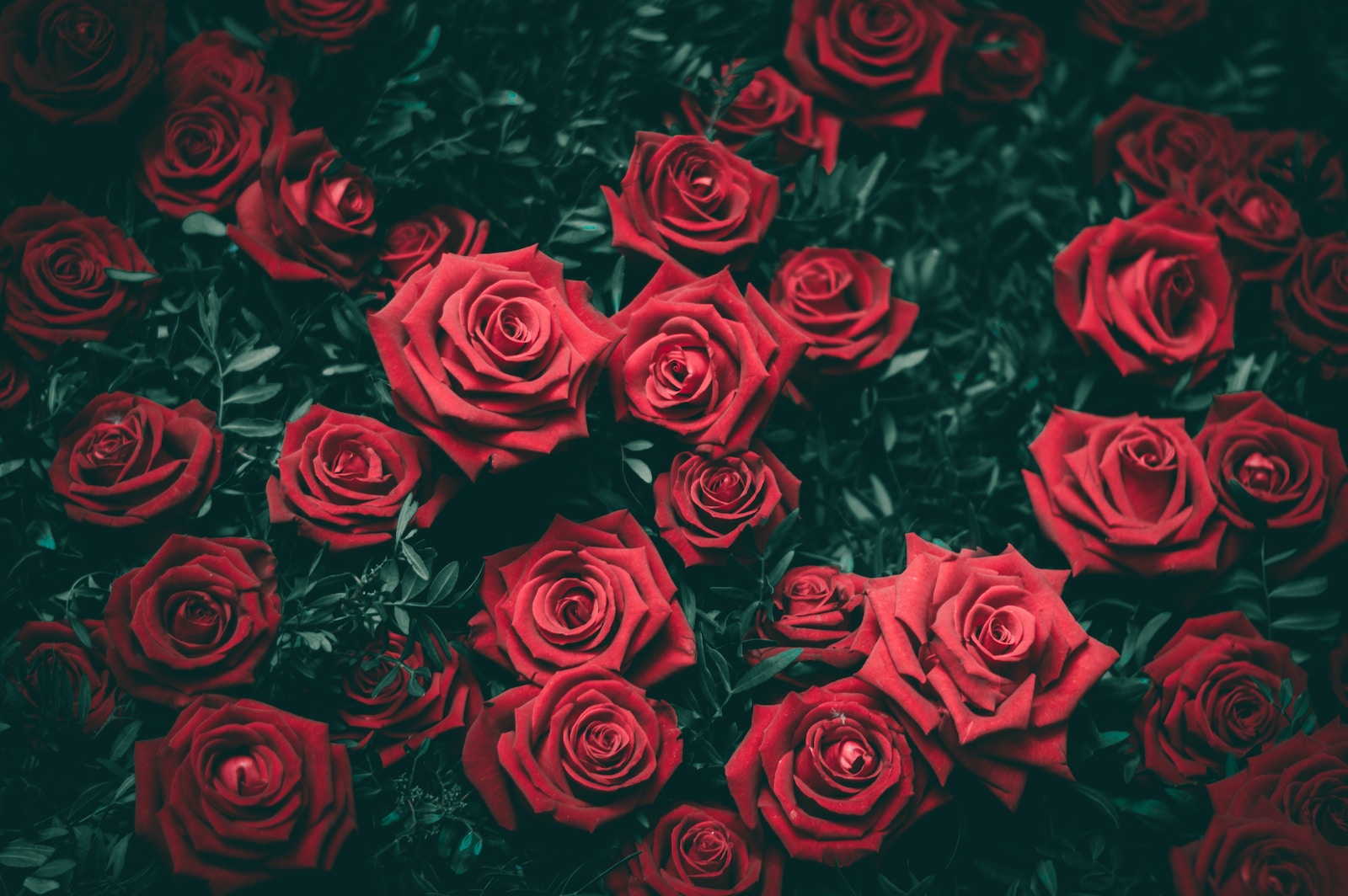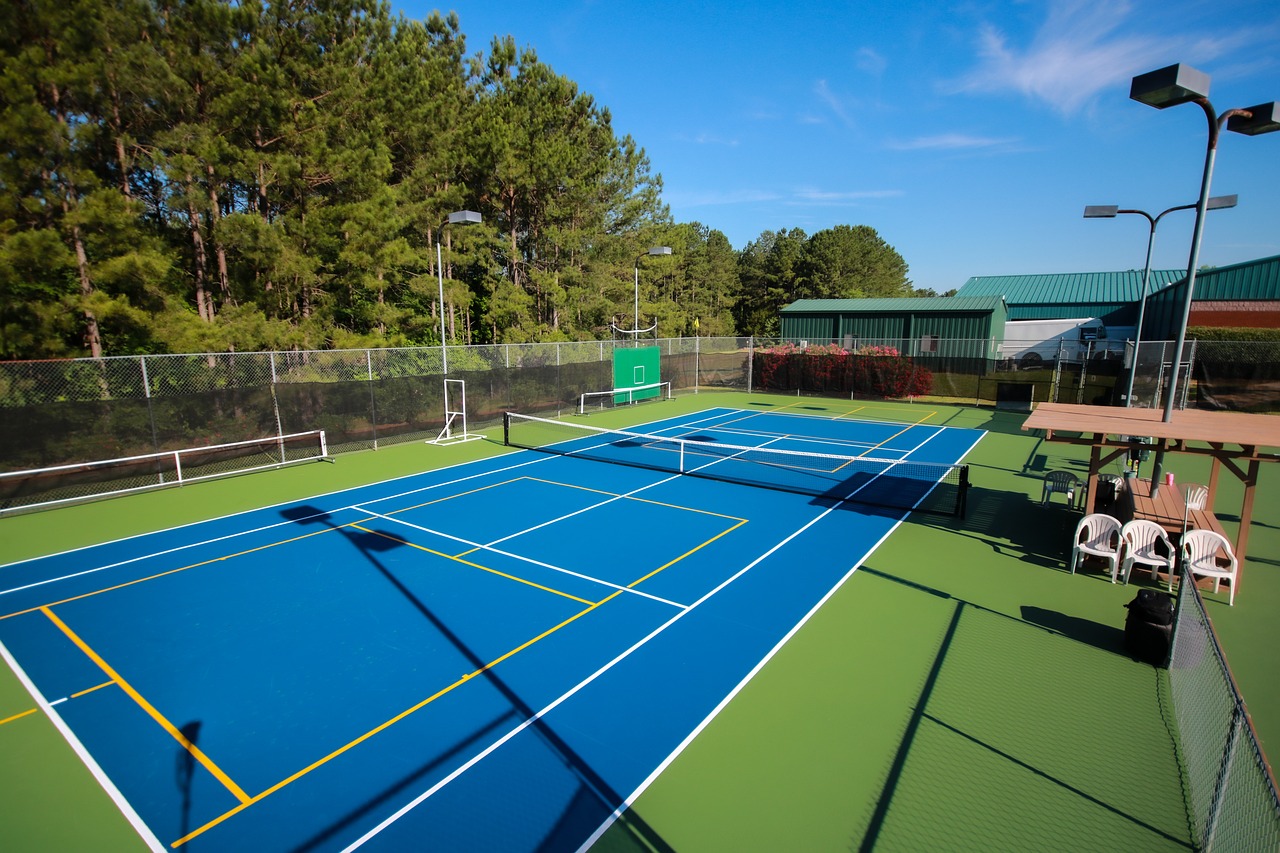Share this article with your network of friends!
Roses are timeless symbols of beauty and elegance that bring joy to any garden. As seniors tend to their garden spaces, cultivating and caring for roses can be a rewarding and fulfilling activity. In this article, we explore the essential steps and practices that seniors should follow to treat roses for best blooms, providing a feast for the eyes and a source of pride.
1. Selecting Suitable Rose Varieties:
- – Consider Climate and Growing Conditions: Choose rose varieties that are well-suited to your local climate and growing conditions. Consult with local gardening experts or nursery professionals to select roses that are hardy and adapted to your specific region.
- – Opting for Disease-Resistant Varieties: Look for disease-resistant rose varieties that can withstand common ailments such as black spot, powdery mildew, and rust. Disease-resistant roses often require less maintenance and provide a greater chance of success.
2. Planting Roses:
- – Choosing the Right Location: Roses thrive in well-drained soil and require at least six hours of direct sunlight each day. Select a location in your garden that offers ample sunlight and good air circulation to promote healthy growth.
- – Preparing the Soil: Prior to planting, ensure the soil is enriched with organic matter, such as compost or well-rotted manure, to improve its fertility and drainage. Remove any weeds or grass from the planting area and dig a hole large enough to accommodate the root ball of the rose plant.
- – Planting with Care: Gently place the rose plant in the hole, ensuring the bud union (the swollen area where the rose is grafted onto the rootstock) is level with or slightly above the soil surface. Backfill the hole with soil, firming it gently around the roots, and water thoroughly.
3. Watering and Fertilizing:
- – Watering: Roses need consistent moisture, especially during dry periods. Deeply water the plants at their base, preferably in the morning, to allow sufficient time for foliage to dry before evening. Avoid overhead watering, as it can promote disease.
- – Fertilizing: Apply a balanced rose fertilizer according to the manufacturer’s instructions during the growing season. Start fertilizing when new growth appears in spring and continue at regular intervals to support healthy foliage and abundant blooms.
4. Pruning and Deadheading:
– Pruning: Regular pruning helps maintain the shape, size, and overall health of roses. Seniors should prune their roses during late winter or early spring when the plants are still dormant. Remove dead, damaged, or crossing branches, and shape the plant to promote better airflow.
– Deadheading: After roses bloom, remove spent flowers by cutting just above a healthy leaf set with a clean and sharp pruner. Deadheading encourages the production of new blooms and prevents the plant from wasting energy on seed production.
5. Pest and Disease Management:
- – Monitoring and Prevention: Regularly inspect your roses for common pests such as aphids, thrips, or spider mites. Early detection allows for prompt action, such as spraying with organic insecticidal soap or using other safe pest control methods.
- – Disease Control: Keep an eye out for common rose diseases like black spot or powdery mildew. If detected, promptly remove and dispose of affected foliage, and consider applying appropriate fungicides as recommended by gardening experts.
Caring for roses for best blooms can be a deeply rewarding experience for seniors, bringing beauty, fragrance, and a sense of accomplishment to their gardens. By selecting suitable varieties, providing proper planting, watering, and fertilizing, practicing regular pruning and deadheading, and managing pests and diseases, seniors can enjoy a flourishing rose garden that becomes a source of delight and pride. So, seniors, don your gardening gloves, grab your pruners, and immerse yourself in the timeless elegance of roses. With a little care and attention, your garden will bloom with resplendent roses, creating a haven of beauty and joy for all to admire.
DISCLAIMER: This website contains articles for informational and entertainment purposes only. No articles on this website should be considered as professional advice for any medical, legal, or financial matter. Advertisements and content may contain affiliate links, where the website earns a commission for sales derived from our users.





